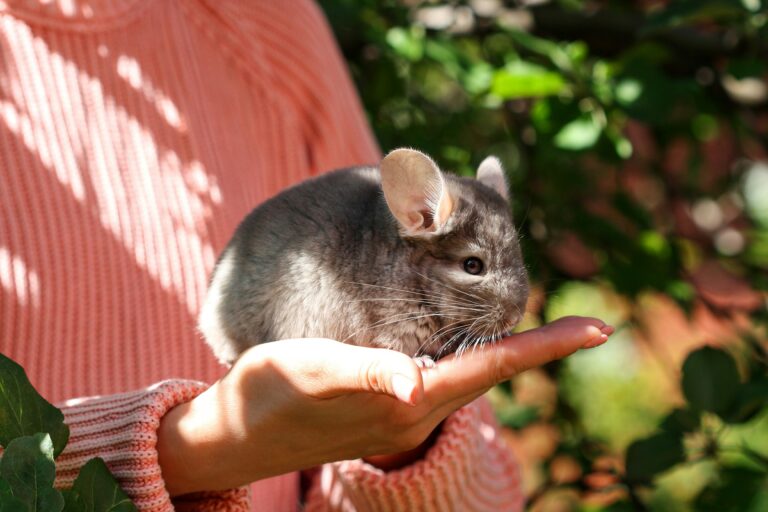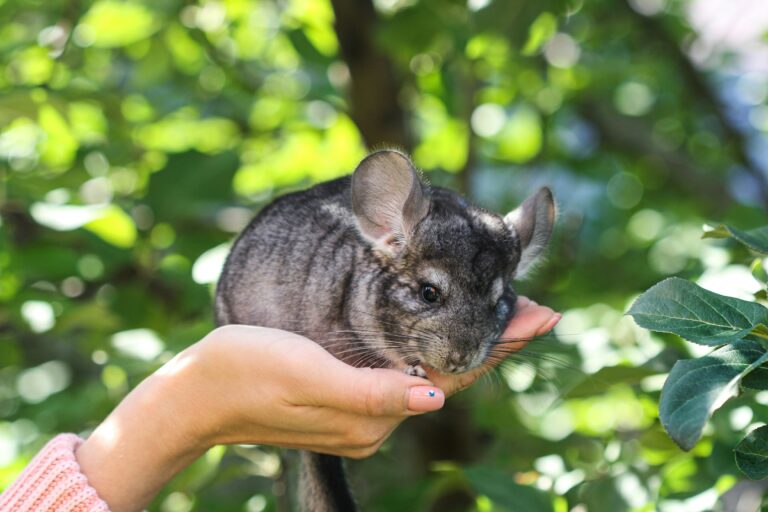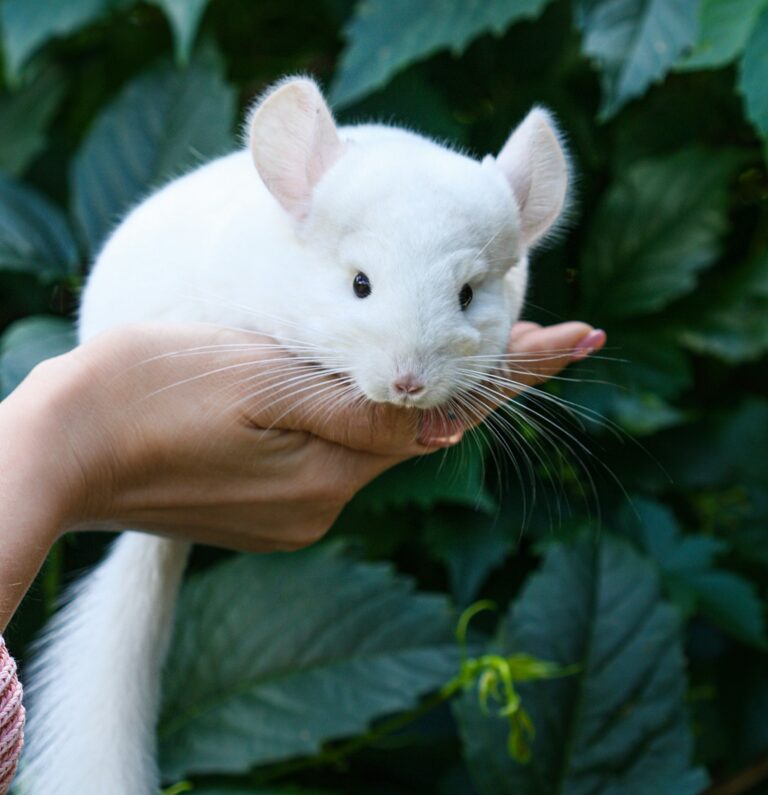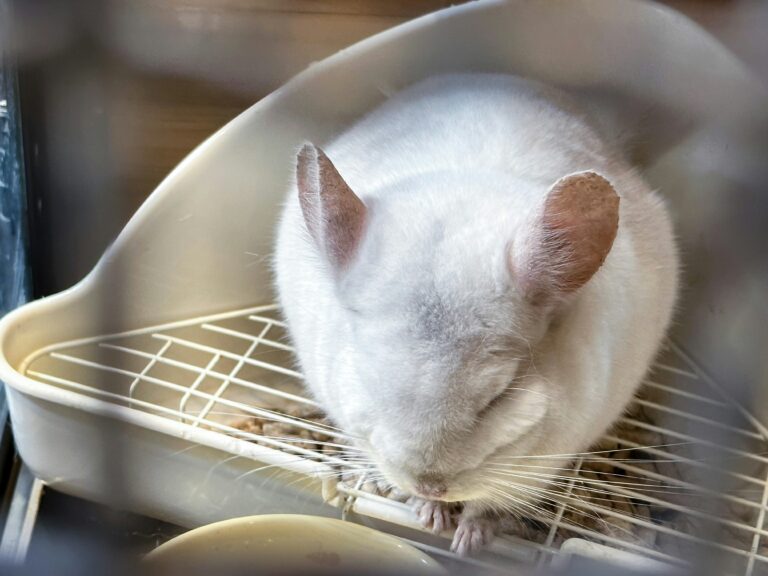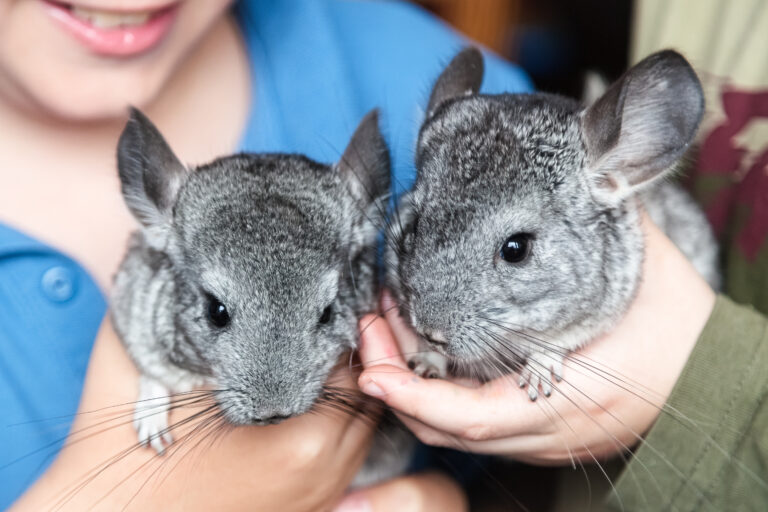How to Wean Baby Chinchillas
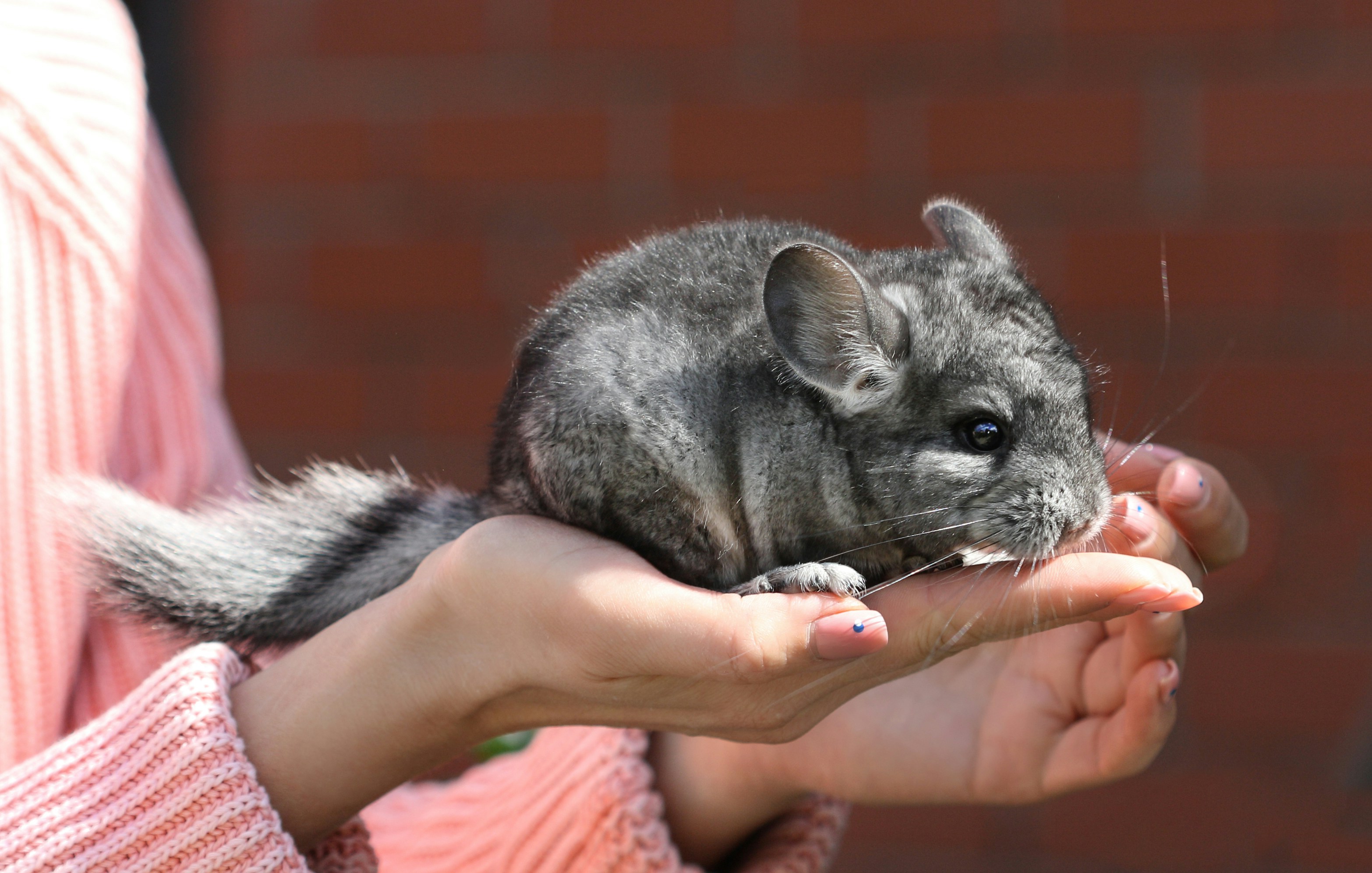
Weaning baby chinchillas is a critical stage in their development, marking the transition from dependency on their mother’s milk to solid food. Proper weaning ensures the health and well-being of the young chinchillas as they grow into adulthood. Weaning too early can cause health, behavioral, and digestive issues, so it’s important to do it right!
In this guide, we will explore the weaning process, including the optimal age to begin, essential steps, and tips for a smooth transition.
Understanding the Weaning Process
Weaning is a natural process in which baby chinchillas gradually transition from nursing to consuming solid food independently. It is a crucial milestone in their development, as it prepares them for life without maternal care. The weaning process typically occurs over several weeks, during which the mother’s milk production decreases, and the babies learn to eat solid foods.
The Optimal Age to Begin Weaning
The timing of weaning is essential for the health and development of baby chinchillas. While individual chinchilla mothers may start the weaning process at slightly different times, it has usually begun naturally by 8 weeks of age. At this stage, the baby chinchillas have developed enough to digest solid foods and are ready to start exploring their diet beyond milk.
Even though they might be eating solid foods by 8 weeks, the best practice is to wait until 12 weeks to separate kits.
Signs That Baby Chinchillas Are Ready to Wean
Before initiating the weaning process, it’s crucial to observe the behavior and development of the kits. Signs that they are ready to wean include:
- Increased interest in exploring their environment and food sources.
- Chewing on solid objects, such as hay or pellets.
- Decreased frequency of nursing and shorter nursing sessions.
- Weight gain and overall growth indicating their ability to sustain themselves on solid food.
Preparing for Weaning
Before starting the weaning process, it’s essential to ensure that the kits have access to a suitable diet of high-quality hay and chinchilla pellets, along with plenty of fresh water. The best ways for them to be introduced to solid food and water is for them to naturally discover it in their mother’s enclosure. Make sure that food and water is at a level the kits can reach!
Encouraging Solid Food Consumption
To encourage baby chinchillas to eat solid foods, you can:
- Provide chew toys and wooden blocks to promote natural chewing behavior and dental health.
- Ensure that the food and water dishes are easily accessible and located in a quiet area of their enclosure.
- Avoid sudden changes in diet or introducing unfamiliar foods that may cause digestive upset.
Separation
If your babies are 12 weeks old and eating solid foods, it is time from them to be officially weaned! It might seen cruel, but it is important to separate males from females to prevent any accidental pregnancies. To do this as calmly as possible, place male kits together in their own enclosure and female kits together in their own, separate enclosure. Let these enclosures be close enough together and to their mother’s enclosure that they can all still see each other and interact via vocalization. The goal is not to isolate anyone, you just want them weaned and to prevent any pregnancies.
Watch Them
Now that everybody is weaned, it is important to watch them over the next couple weeks to make sure they are all eating as they should and gaining weight!
Everything will hopefully go fine from here! It is not very common, but if you run into any issues, such as kits losing weight, or acting lethargic, consult with your veterinarian.
Conclusion
Weaning baby chinchillas is a critical stage in their development that requires careful attention and planning. By understanding the optimal age to wean, encouraging solid foods, and allowing kits to stay in close proximity to each other and their mother, you can ensure a smooth and successful weaning process for your young chinchillas.
Remember to monitor their progress closely and seek professional advice if needed to support their health and well-being as they grow into happy and thriving adult chinchillas!

